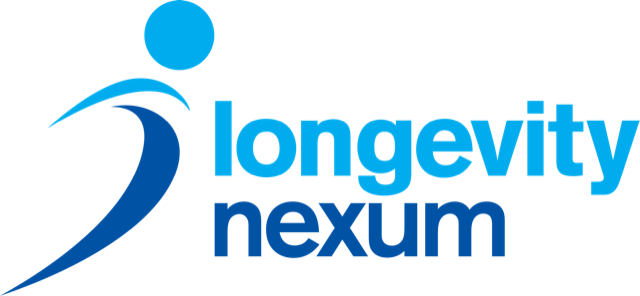Let’s be honest: perimenopause and menopause can feel like a rollercoaster you didn’t sign up for. If you’re someone who’s always made time for your health, it can be incredibly frustrating when your body suddenly stops responding the way it used to. You’re still working out, eating well, trying to keep up—but the energy crashes, and the stubborn weight gain just won’t let up.
If you’re in your 40s, 50s, or even early 60s and you’re dealing with unexplained fatigue, mood swings, brain fog, or stubborn weight gain, you’re not alone. These changes are often linked to the hormonal shifts of perimenopause and menopause. And while they’re natural, they don’t have to be something you just “deal with.”
Let’s talk about what’s actually happening in your body—and what you can do about it.
The Hormonal Shift No One Warned You About During Perimenopause and Menopause
Estrogen and progesterone, your key reproductive hormones, start to decline as you approach menopause. These changes don’t just impact your menstrual cycle—they affect your muscles, bones, heart, brain, metabolism, and even your sleep.
So when you feel tired all the time, more emotional than usual, or frustrated that your usual workouts aren’t “working” anymore—it’s not in your head. It’s your hormones. And your body needs a new kind of support.
Why Lifestyle and Movement Matter Now More Than Ever
You might have heard that exercise helps, but let’s go deeper. The right kind of movement at this stage of life is critical for:
Maintaining Muscle & Bone Density
As estrogen drops, so does bone density—and muscle mass follows unless we actively work to preserve it. Strength training isn’t optional anymore—it’s essential to improve your strength, stability, and prevent osteoporosis.
Supporting Heart & Metabolic Health
Cardiovascular health becomes more vulnerable during and after menopause. Incorporating aerobic training will improve heart health, regulate blood sugar, and support weight management.
Boosting Mood, Energy & Cognitive Function
Exercise is one of the best natural ways to lift mood, increase energy, and clear that menopausal brain fog. It also helps reduce stress hormones that can worsen fatigue and sleep.

How A Kinesiologist Can Help During Perimenopause and Menopause
At Longevity Nexum, our Kinesiologists are trained to understand what your body is going through—and how to support it.
Whether you’re new to strength training, recovering from an injury, or trying to navigate unpredictable symptoms, our Kinesiologists will:
- Create a personalized exercise plan tailored to your current health status, lifestyle, and goals
- Provide accountability, education, and support along the way
- Adjust your program as your body changes—because it will change again
You don’t need to push harder. You need a smarter, evidence-based approach that respects what your body is doing right now.
Midlife Health Is Not About “Getting Your Body Back”—It’s About Moving Forward With Strength
Yes, your body is changing—but it’s still capable, strong, and worthy of care. With the right tools, support, and mindset, this can be a time of incredible growth, physically and emotionally.
If you’re ready to ditch the frustration and start feeling like yourself again—or maybe an even stronger version—we’re here to help!
Book a consultation with a Kinesiologist at Longevity Nexum today.




0 Comments